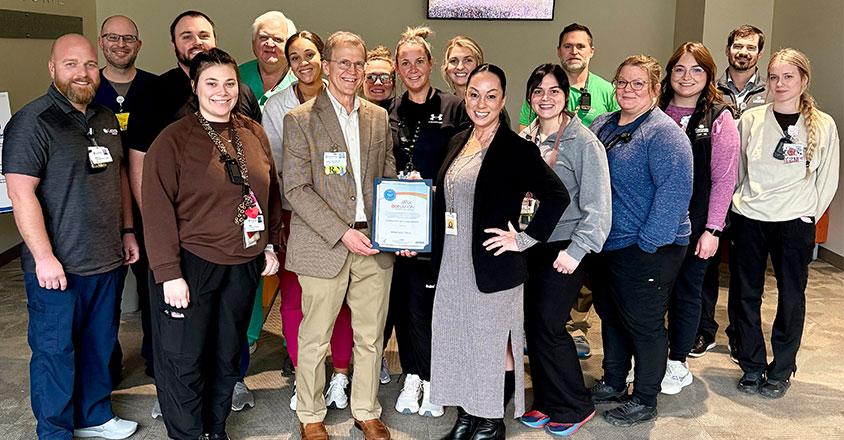How to reframe negative thoughts
Negative thoughts happen to everyone. You might think, “I am not good enough,” or “This always goes wrong.” These thoughts can appear suddenly and impact your mood. The good news is that you can learn to change how you look at them. Reframing can help your brain think in a helpful way.
The first step is to notice the thought. When a negative thought pops into your head, pause and acknowledge it. Saying “this is a negative thought” can help you slow down and stop it from taking over. The Centers for Disease Control and Prevention (CDC) explains that recognizing and challenging unhelpful thoughts can support emotional well-being.
Next, ask yourself a few simple questions. Is this thought entirely true? Would I say this to a friend? Is there another way to see the situation? Asking questions helps you realize that thoughts are not facts. They are just ideas your brain creates. Harvard University explains that reframing thoughts can help reduce stress and improve how you respond to challenges.
Once you question the thought, try to replace it with something more balanced and rational. Instead of “I always mess up,” try “I made a mistake, but I can learn from it.” This is not about pretending everything is perfect. It is about being fair to yourself. Cognitive reframing is a standard therapeutic tool used to help individuals feel more in control of their thoughts.
Reframing negative thoughts takes practice. Some days will be easier than others. Be patient with yourself and keep trying. Over time, your thoughts can become more supportive, helping you feel calmer and more confident.
Ready to get healthy?
Sign up for our digital newsletters to receive health tips, recipes, success stories for inspiration and information about new doctors to help you on your journey to better health.
Genesis HealthCare System’s Health and Wellness content conveniently provides accurate and helpful information. Your health history and current health may impact suggestions provided through our Health and Wellness content. Although we hope this information is helpful, it is not a substitute for your doctor's medical advice. Before making any significant changes, please consult your doctor.

Reframing negative thoughts can help your brain think in a helpful way.







